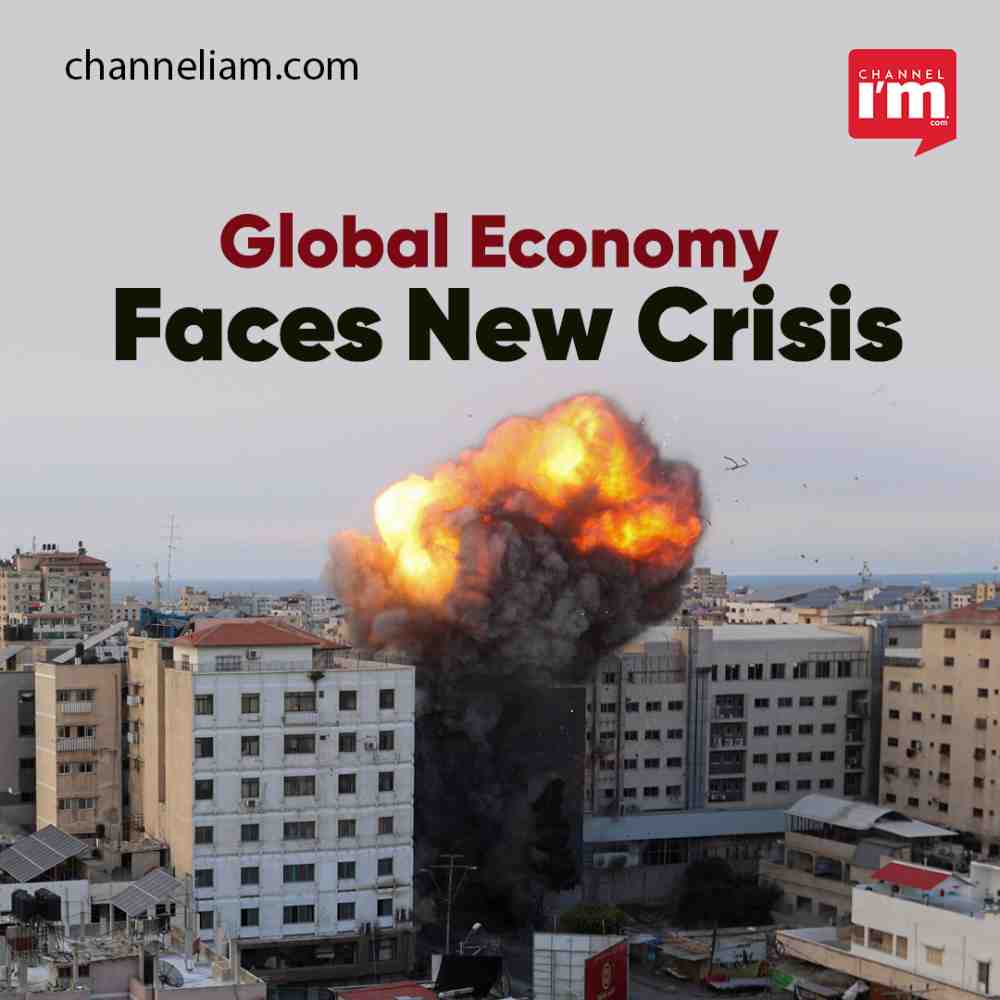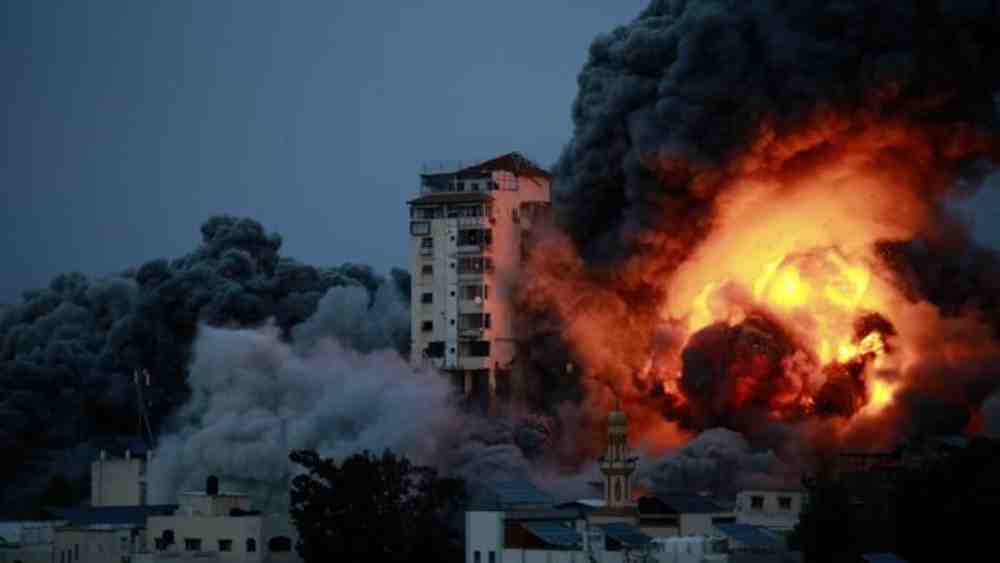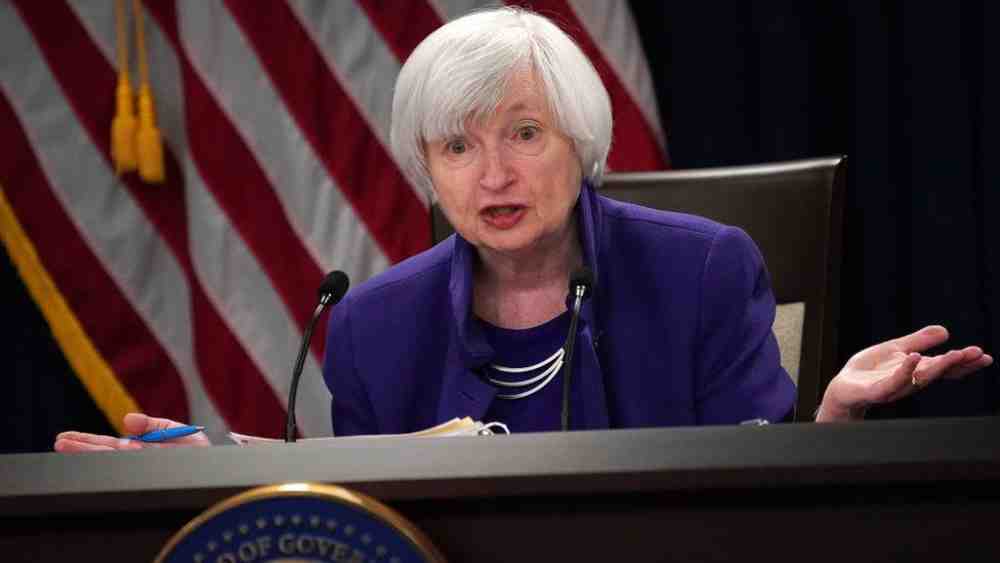
The International Monetary Fund’s (IMF) latest assessment, released on a Tuesday, paints a concerning picture of the global economic recovery. This warning coincides with the eruption of a new conflict in the Middle East, which threatens to destabilise an already fragile world economy reeling from a series of concurrent crises.
The Middle East Conflict Unsettles Markets
The recent clashes between Israel and Hamas over the weekend have sent shockwaves throughout the region. These events reflect the increasing difficulty of shielding economies from the impact of frequent and unpredictable global shocks. The conflict has cast a shadow over the annual meetings of the IMF and the World Bank in Morocco, where top economic policymakers had gathered to address the lingering economic effects of the pandemic and Russia’s war in Ukraine.
Delicate State of Global Economies

Ajay Banga, the President of the World Bank, emphasised the precarious state of global economies. He noted that war is detrimental to central banks attempting to manage inflation without triggering a recession. So far, the impact of the Middle East conflict on the global economy is less severe than the war in Ukraine, which initially caused a surge in oil and food prices due to Russia’s role in energy production and Ukraine’s status as a significant exporter of grain and fertiliser.
Oil Prices and Central Bank Responses
Lucrezia Reichlin, a former director general of research at the European Central Bank, expressed concern about the implications of rising oil prices. Another spike in oil prices could lead central banks, including the Federal Reserve, to increase interest rates further, potentially causing economic challenges.
Economic Implications of Oil Price Increases

Pierre-Olivier Gourinchas, the IMF’s chief economist, stated that it is too early to predict if the recent increase in oil prices will persist. However, research suggests that a 10% increase in oil prices would negatively impact the global economy, reducing output by 0.15% and increasing inflation by 0.4% the following year.
Fragile Global Recovery
In its latest World Economic Outlook, the IMF underscored the fragility of the global economic recovery. While it maintained its global growth projection for the current year at 3%, it slightly downgraded the forecast for 2024 to 2.9%. The report also noted challenges in the euro area and China, with concerns about China’s real estate sector worsening.
Europe’s Energy Transition and Economic Impact

European economies have been grappling with the transition away from Russian natural gas since Russia’s invasion of Ukraine. Many European governments have turned to Middle Eastern suppliers to reduce their reliance on Russian gas. However, the recent events in the Middle East have created uncertainty.
Impact on European Economies
Even before the Middle East conflict, the energy transition had taken a toll on European economies. The IMF predicts a slowdown in the eurozone countries, with Germany expected to contract by 0.5%. High interest rates, persistent inflation, and energy price volatility are also expected to slow growth in the UK.
Economic Challenges in Sub-Saharan Africa

Sub-Saharan Africa is also feeling the effects of the global slowdown, with growth projected to shrink by 3.3% this year. However, the outlook for the following year appears brighter, with growth forecasted at 4%. The region is burdened by staggering debt, with average debt levels now reaching 60% of total output, double the levels of a decade ago.
Emerging Challenges in a Changing World
The world is facing a new generation of sovereign debt crises while simultaneously reassessing global supply chains and confronting escalating geopolitical tensions. Additionally, trillions of dollars in new financing will be required to combat climate change in developing countries within the next decade.
China’s Economic Slowdown
China’s economic slowdown is of particular concern. The IMF has revised its growth outlook for China downwards, citing subdued consumer confidence and weakening industrial production. This slowdown could impact countries in the Asian industrial supply chain.
Janet Yellen’s Perspective

Treasury Secretary Janet Yellen, during an interview, expressed confidence in China’s ability to address its economic challenges without significantly affecting the U.S. economy. She acknowledged the complexity of the issues China faces but did not anticipate a major spillover effect on the United States.
